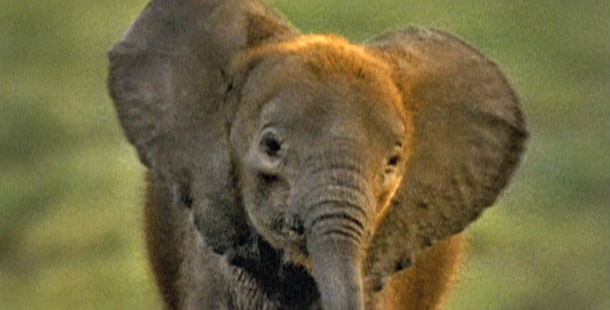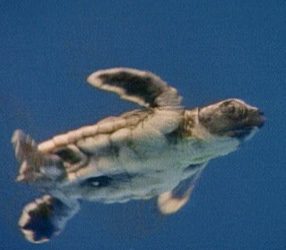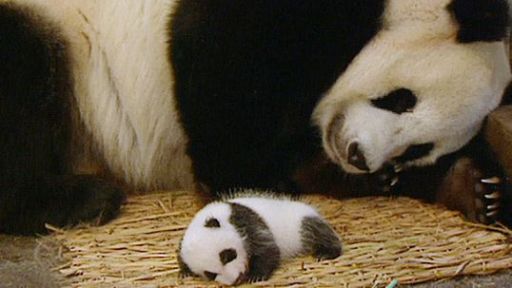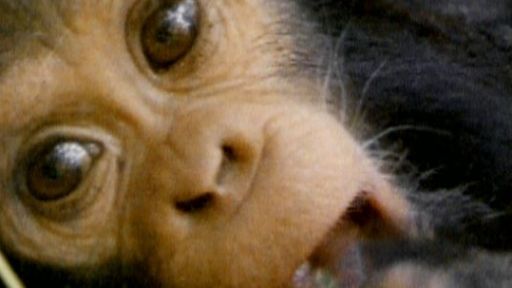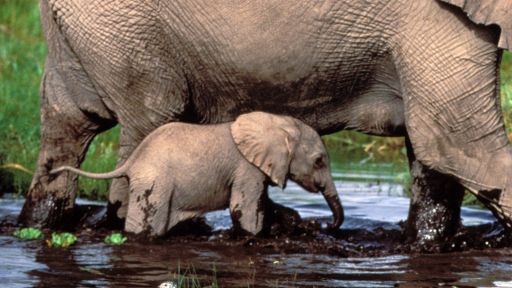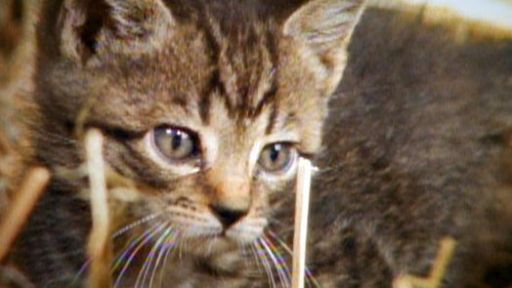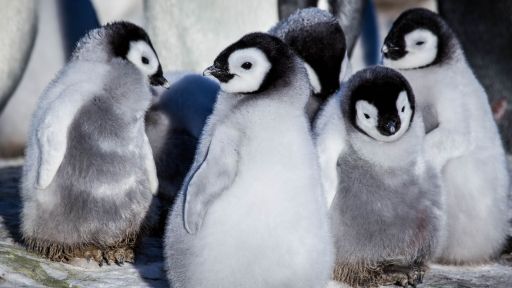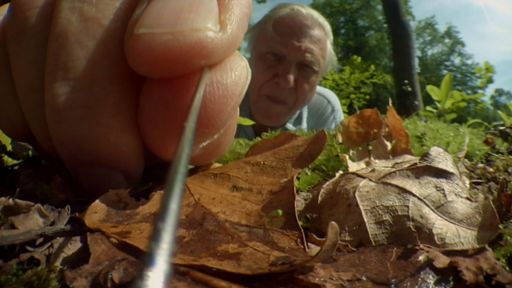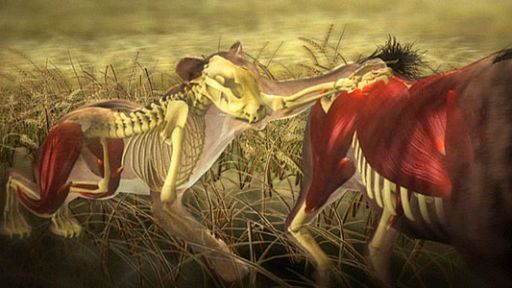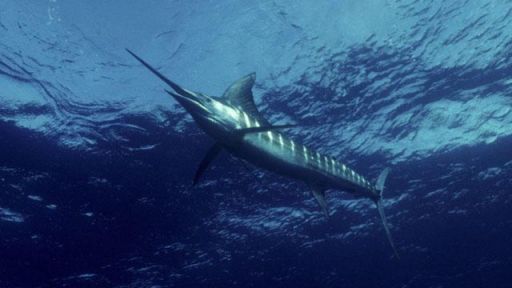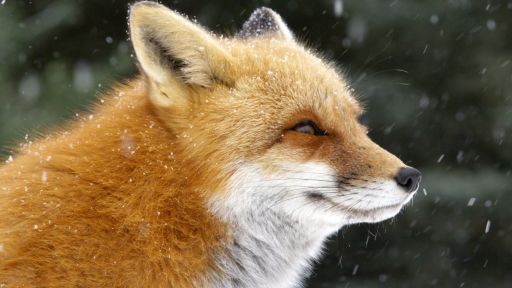Two, one, or none. As NATURE’s Baby Tales shows, different kinds of newborn animals get different levels of help from their parents. Some baby birds and mammals get plenty of attention from both mom and dad, in part because they are virtually helpless, and sometimes blind, when they are first born. They need plenty of tender loving care. Other offspring, however, are raised by just a single parent. That hardworking mom or dad often makes great sacrifices, such as going without food for long periods of time, in order to provide supper and shelter for the kids.
Sea turtles never know their parents. But some parents don’t play any role in their kids’ lives; their babies are left home entirely alone. Newborn sea turtles, for instance, never know their parents. As Baby Tales shows, they must fend for themselves once they break out of their leathery eggs and scramble down the beach to the sea.
What explains the variation in parenting styles? One answer is that evolution has fine-tuned each species to maximize the survival of offspring. For some organisms, such as many insects and fish, that means putting the majority of parental energy into producing as many eggs as possible, but not caring for the offspring once they hatch. By producing huge numbers of young — some fish and insects can lay millions of eggs — the parents increase the odds that at least a few of the babies will survive. And by foregoing care, they can channel that energy into making more eggs in the next spawning season.
On the other hand, some animals, including elephants, many sharks, and people, produce just a few offspring and spend a lot of time and energy helping them survive. Baby elephants, for instance, may spend years traveling with their mothers, learning the ways of the herd. The tradeoff is that female elephants may produce just a handful of babies in their lifetimes. So they work extra hard to make sure that their few children survive to carry on their genes.
Similarly, compared to other fish, some sharks produce relatively few pups during their lives. While some hatch out of eggs, others actually hatch while still inside the mother, and then are born “alive” when they are ready to fend for themselves.
Such arrangements have a dark side, however. Researchers have shown that some baby sharks become cannibals, eating their brothers and sisters to improve their own odds of survival. Similarly, baby birds may kick nestmates out of the nest in a bid to monopolize food. In the end, however, by weeding out weak and diseased individuals, such competition between siblings probably helps the best adapted babies survive.

